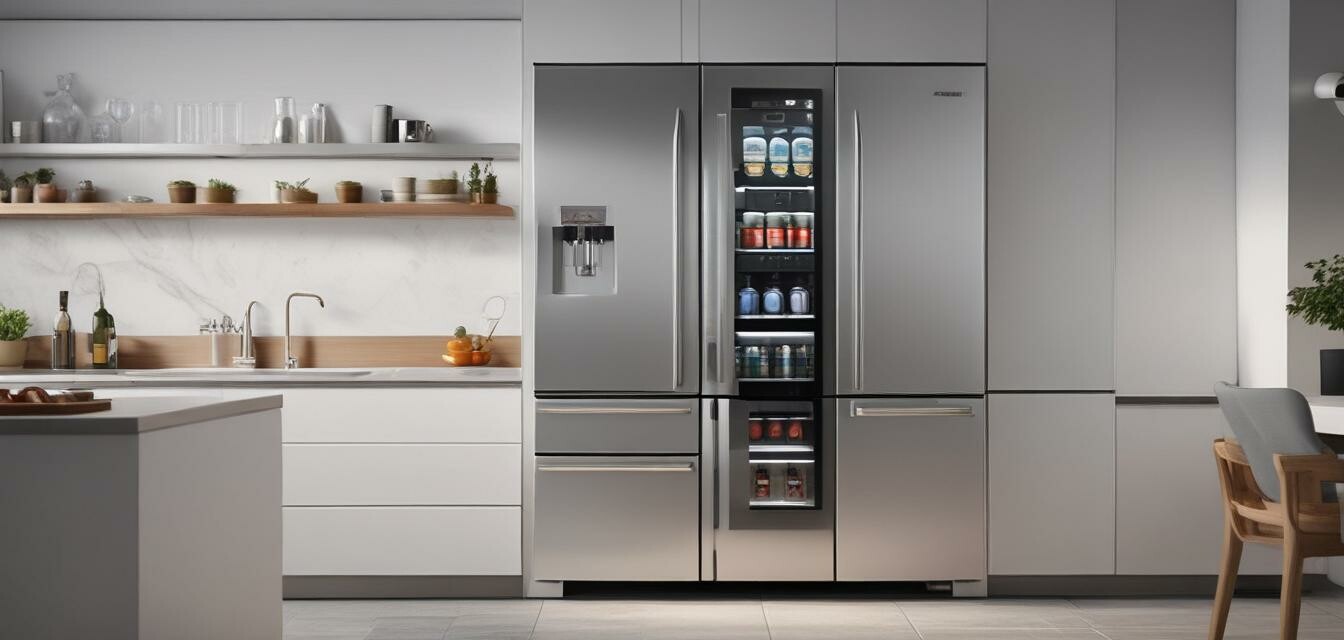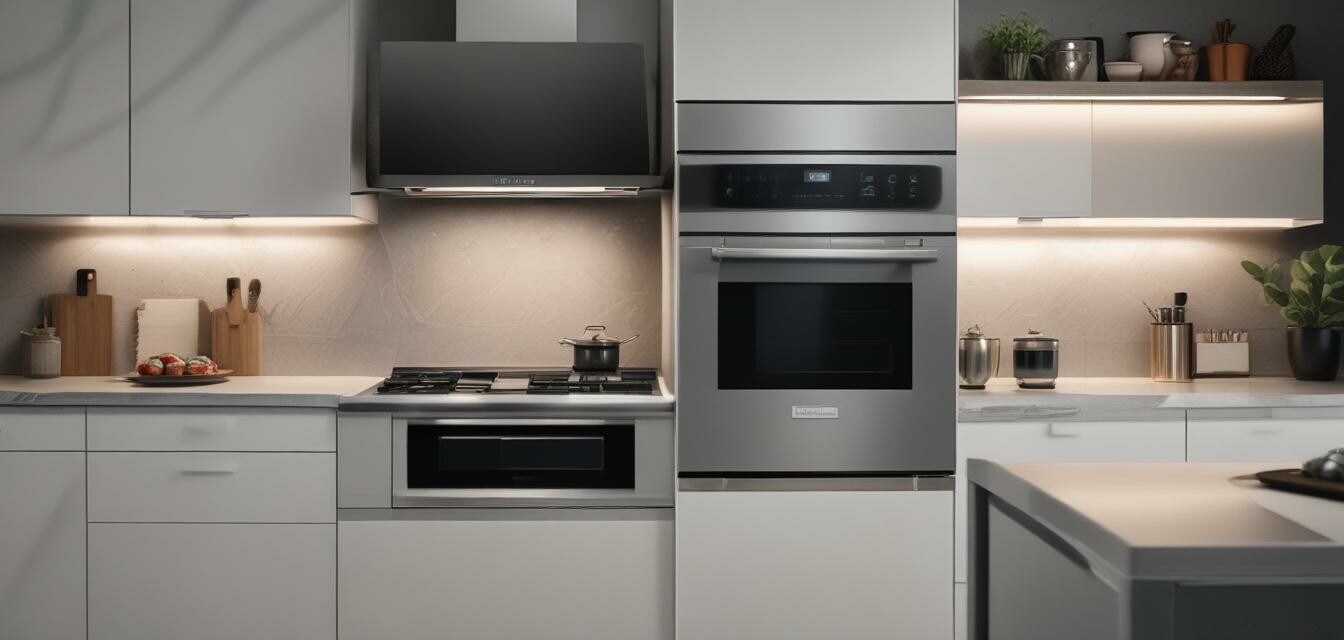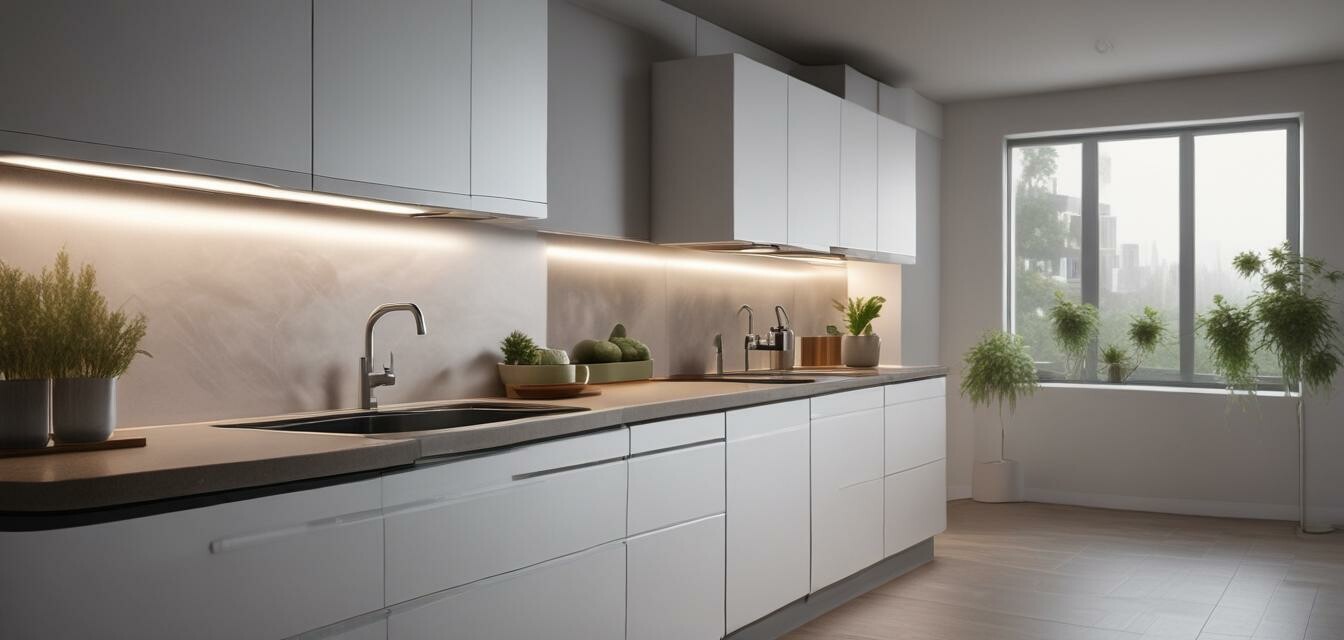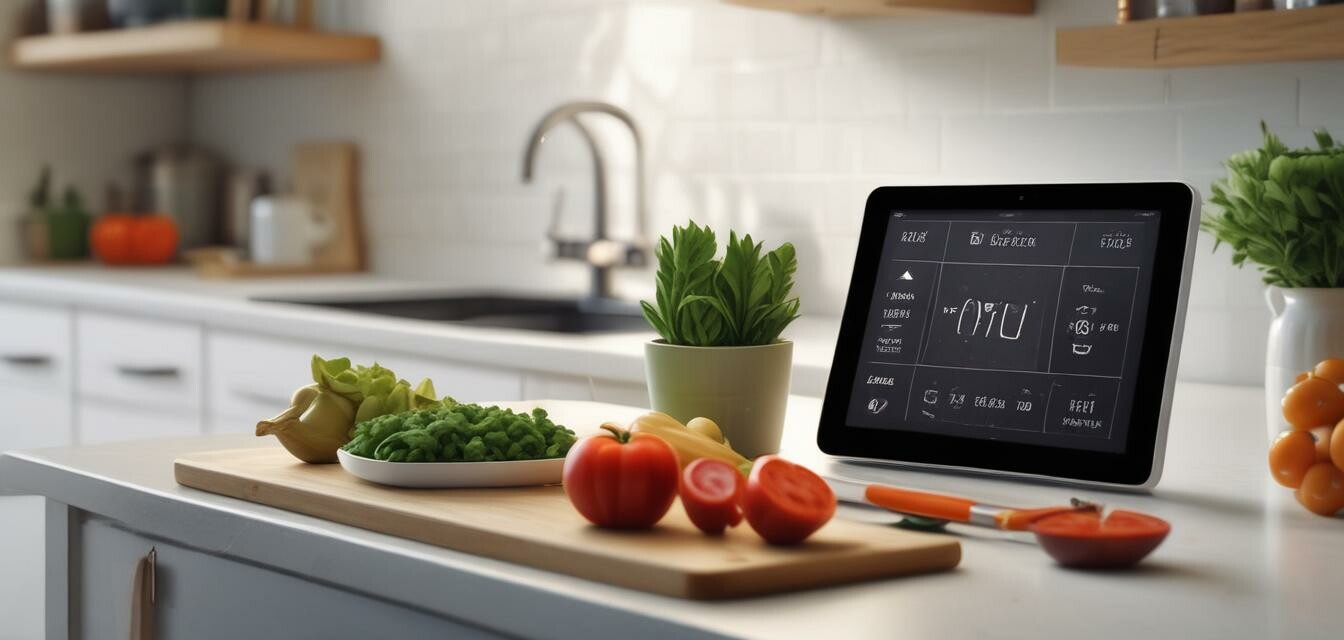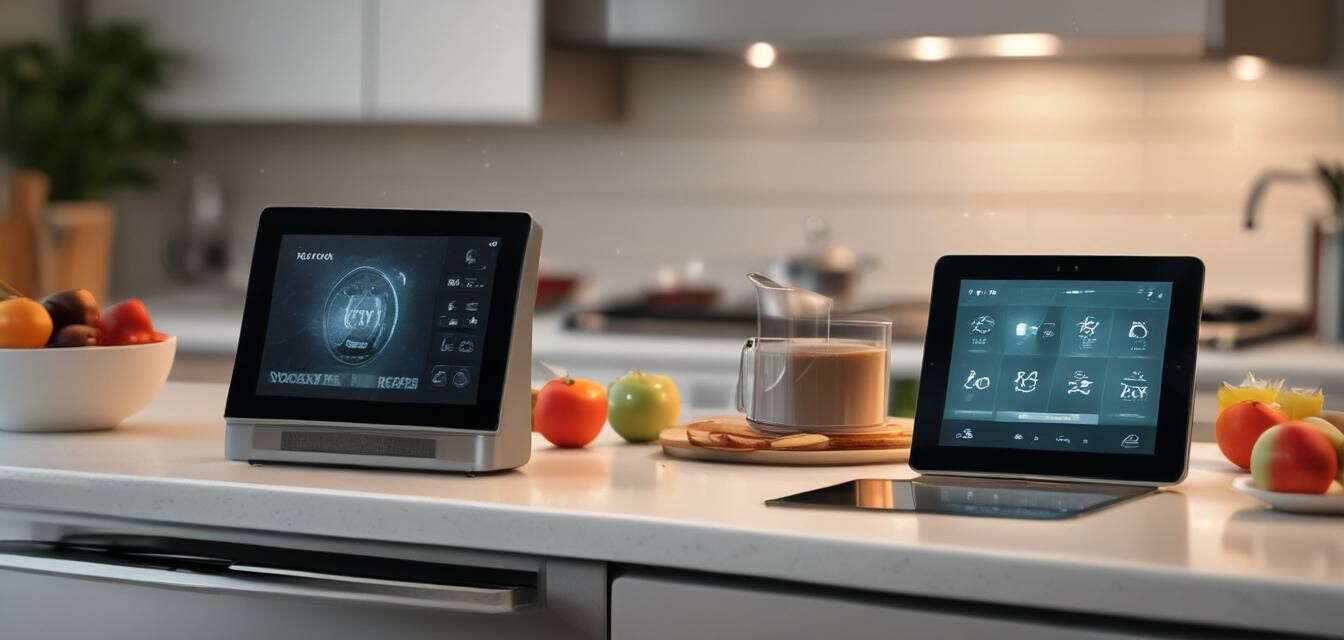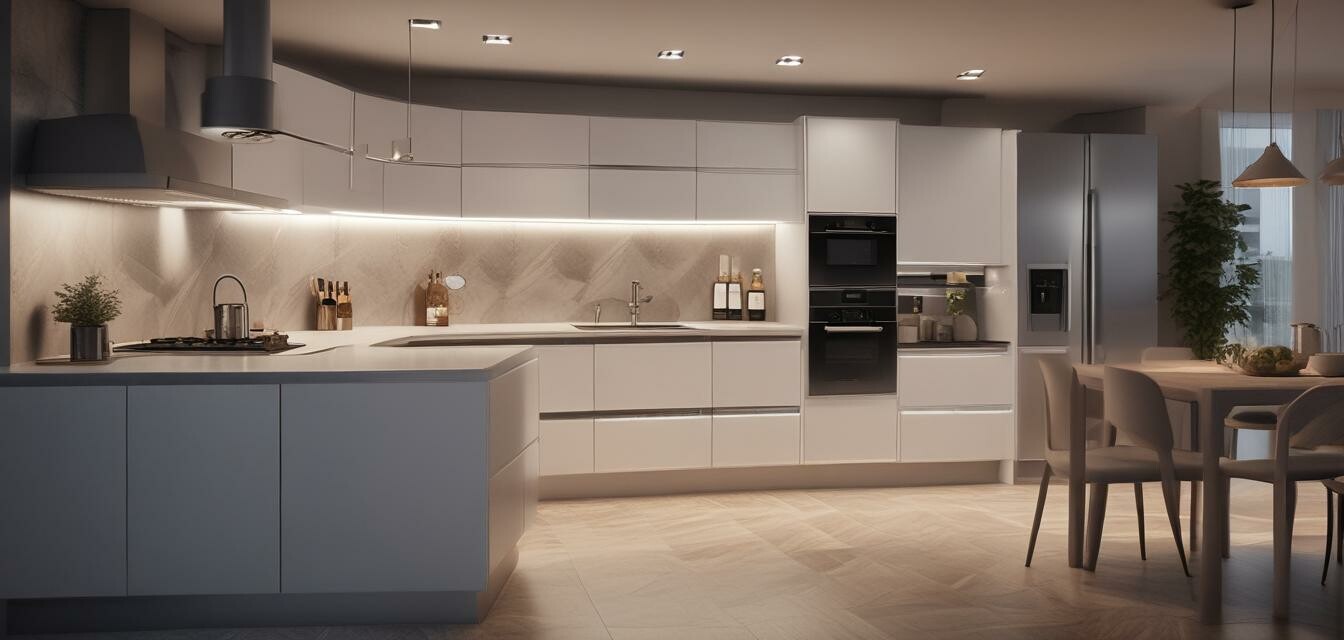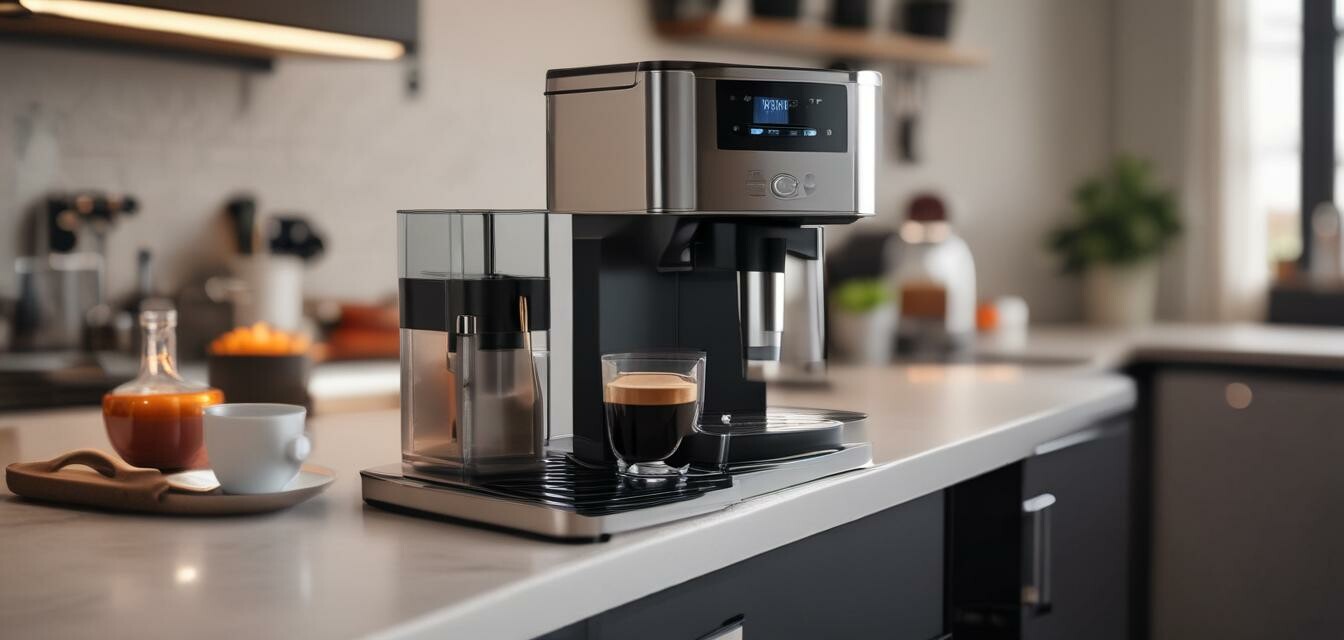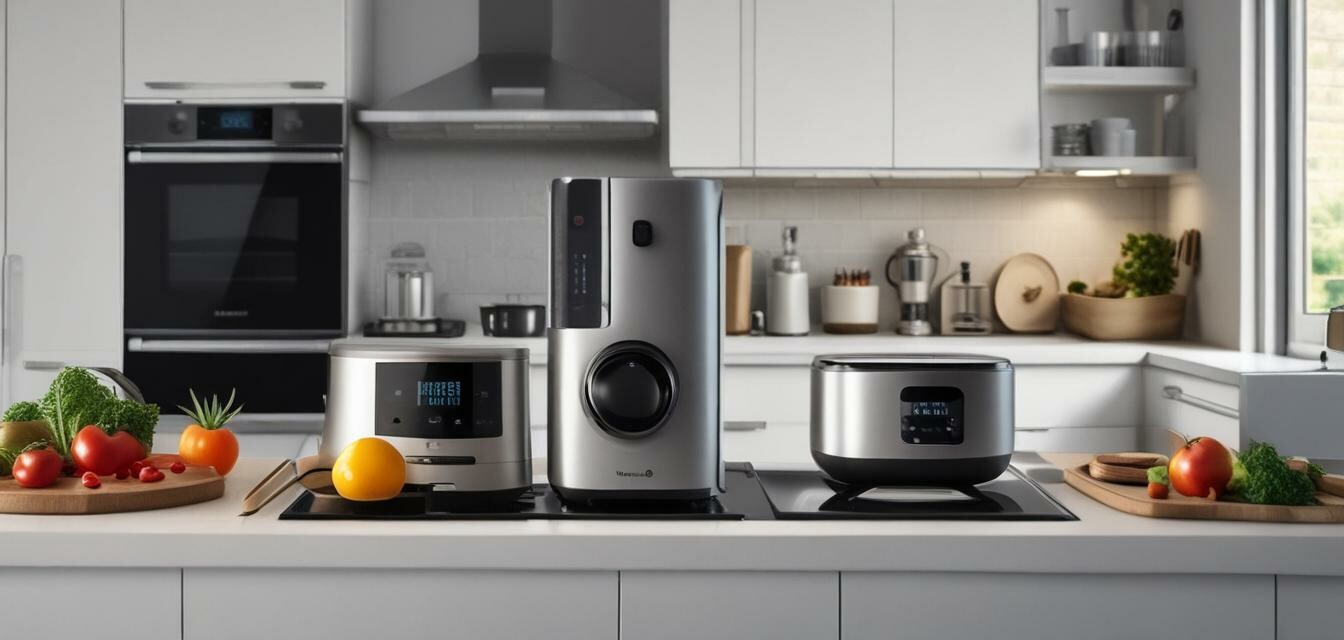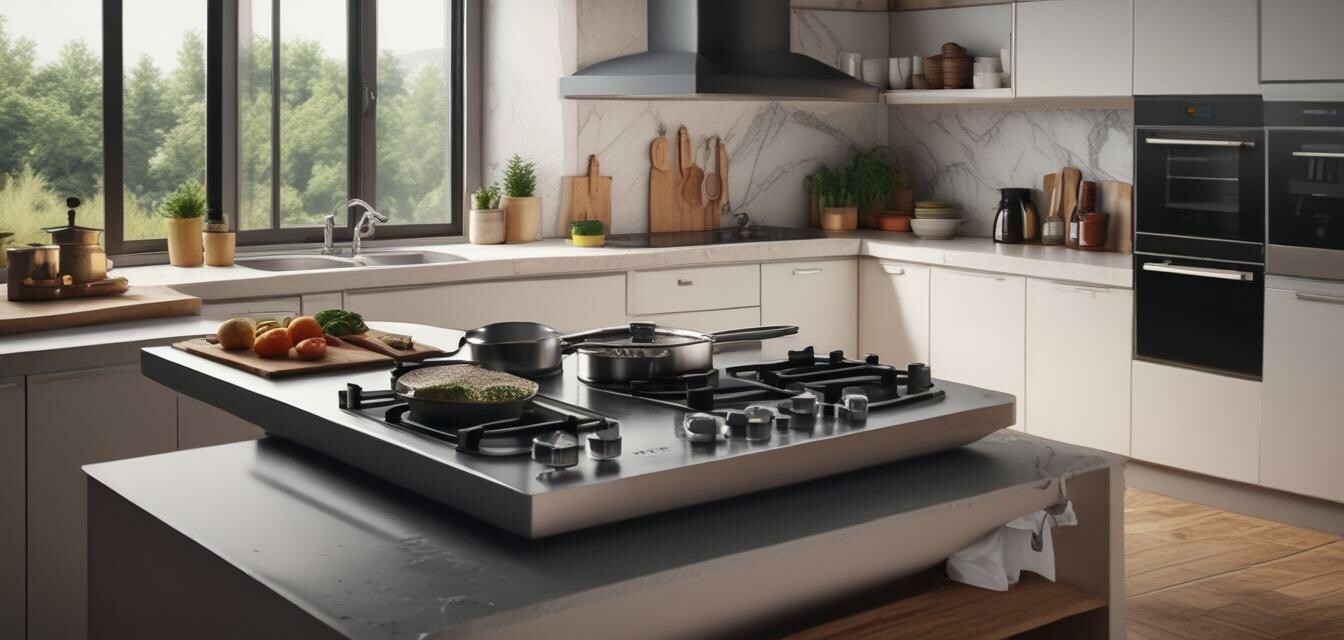
Induction Cooktops: The Future of Energy-Efficient Cooking
Induction cooktops have been gaining popularity in recent years, and for good reason. They offer a unique combination of energy efficiency, safety, and speed. In this article, we'll dive into the technology behind induction cooktops, their benefits, and what to consider when choosing one for your kitchen.
Key Takeaways
- Induction cooktops use electromagnetic fields to heat up cookware directly.
- They are more energy-efficient than gas or electric stoves.
- Induction cooktops are generally safer than traditional cooking methods.
- They can be more expensive than traditional stoves, but offer long-term savings.
How Induction Cooktops Work
Induction cooktops use electromagnetic fields to heat up cookware directly. This is different from traditional stoves, which heat up a burner or coil that then transfers heat to the cookware. Induction cooktops only heat up the cookware, which means they are more energy-efficient and safer.
| Feature | Induction Cooktops | Gas Stoves | Electric Stoves |
|---|---|---|---|
| Energy Efficiency | Up to 90% efficient | 40-50% efficient | 40-50% efficient |
| Safety | No open flame, automatic shut-off | Open flame, risk of burns | Hot coils, risk of burns |
| Speed | Faster heating times | Fast heating times | Slower heating times |
Benefits of Induction Cooktops
Induction cooktops offer several benefits over traditional cooking methods. They are more energy-efficient, safer, and faster. They are also generally easier to clean and maintain.
Pros
- Energy-efficient, reducing your energy bills
- Safer than traditional cooking methods
- Faster heating times
- Easier to clean and maintain
Cons
- More expensive than traditional stoves
- May not be compatible with all cookware
- Can be noisy
What to Consider When Choosing an Induction Cooktop
When choosing an induction cooktop, there are several factors to consider. You'll want to think about the size of the cooktop, the number of burners, and the features you need.
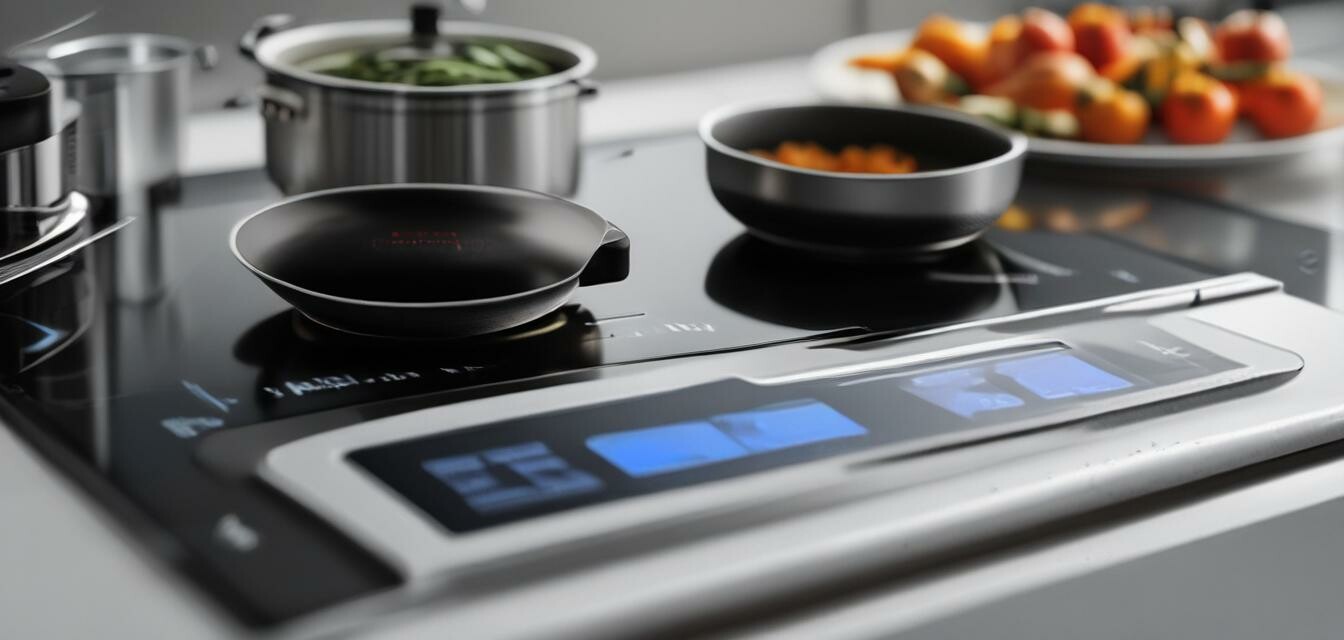
You'll also want to consider the type of cookware you have, as not all cookware is compatible with induction cooktops. You may need to invest in new cookware, which can add to the overall cost.
Energy-Efficient Cooking with Induction Cooktops
Induction cooktops are an excellent choice for those looking to reduce their energy consumption. They are more energy-efficient than traditional stoves, and can help you save money on your energy bills.
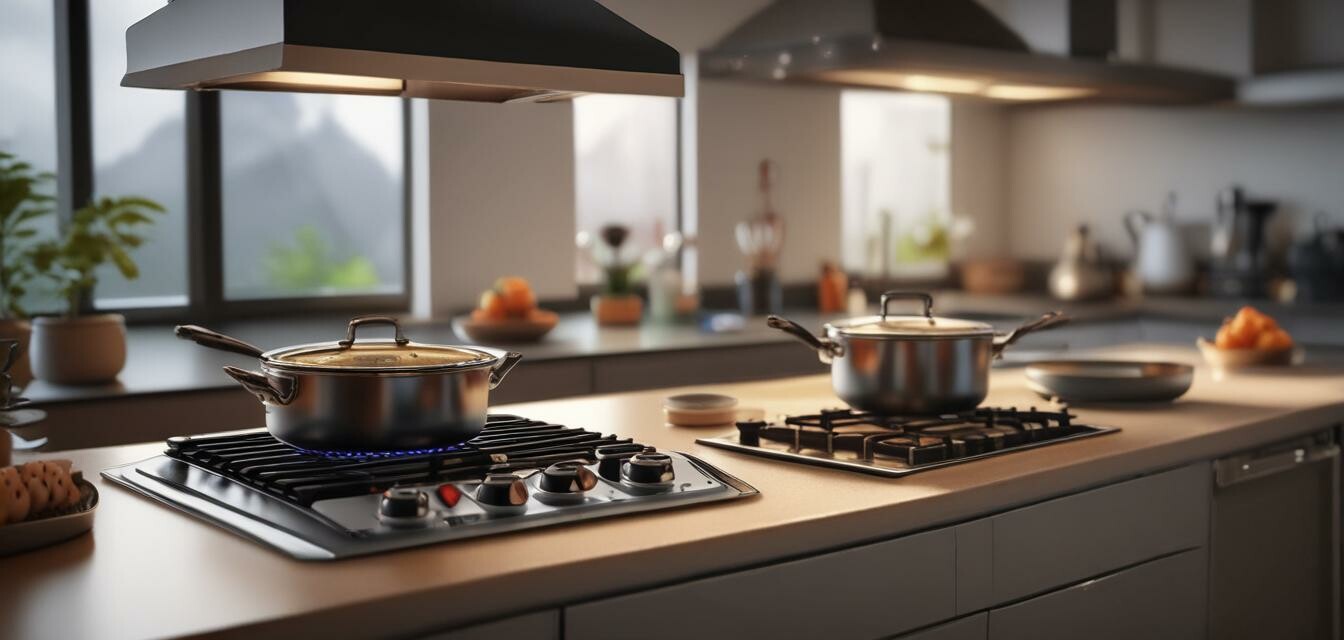
In addition to the energy savings, induction cooktops can also help reduce your carbon footprint. By using less energy, you'll be reducing your impact on the environment.
Conclusion
Induction cooktops offer a unique combination of energy efficiency, safety, and speed. While they may be more expensive than traditional stoves, they offer long-term savings and benefits. If you're in the market for a new cooktop, consider an induction cooktop for your kitchen.
Looking for more information on energy-efficient appliances? Check out our Energy-Efficient Appliances page.
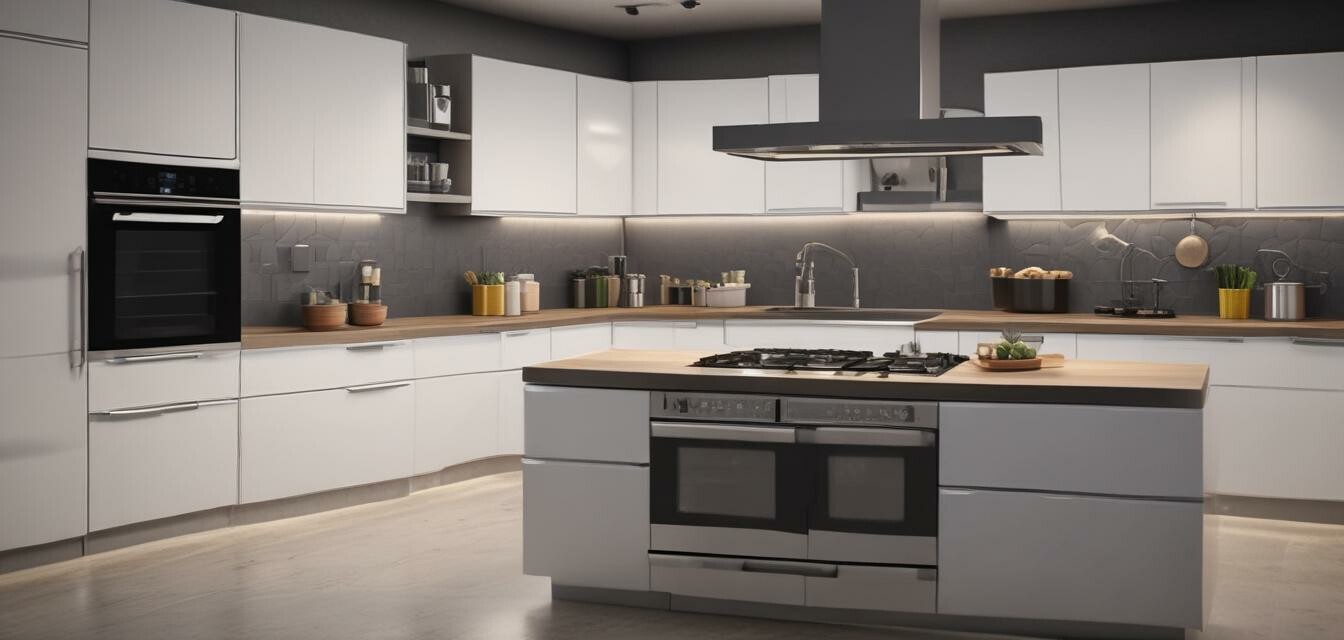
Want to learn more about smart ovens? Check out our Smart Ovens page.
Considering a touchless faucet for your kitchen? Check out our Touchless Faucets page.
Ready to start shopping for your new induction cooktop? Browse our selection of Bluetooth-Enabled Devices and find the perfect cooktop for your kitchen.

